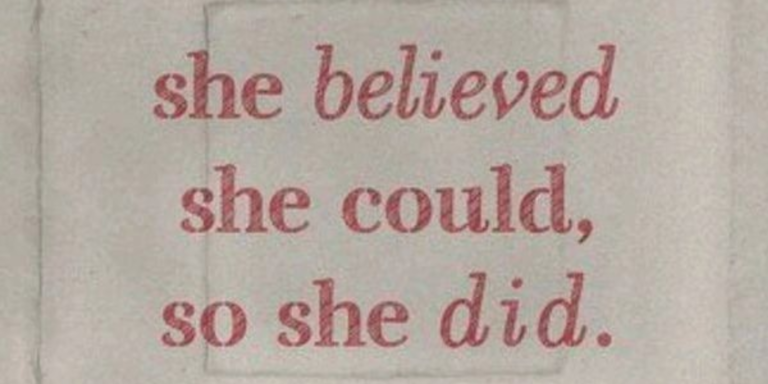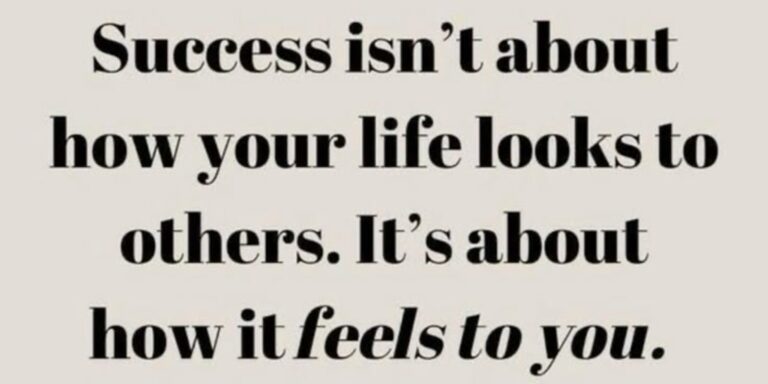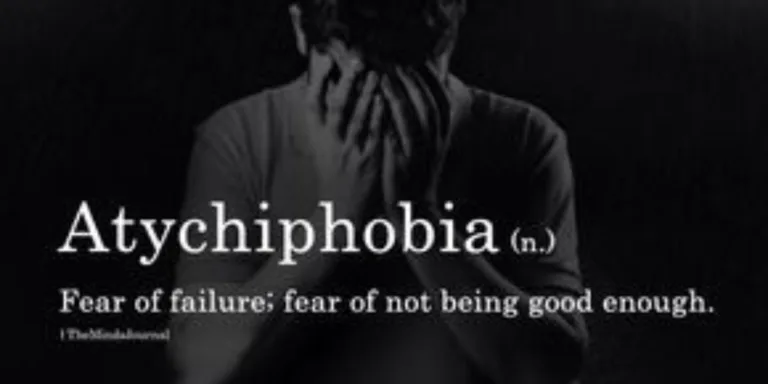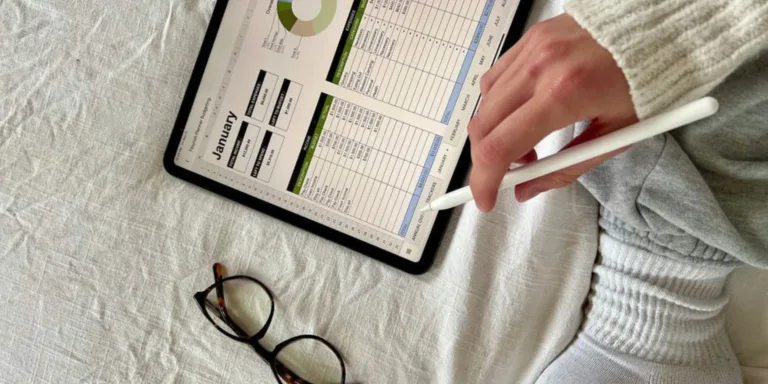Can You Really Define Personality in One Word?
⏱ 11 min read
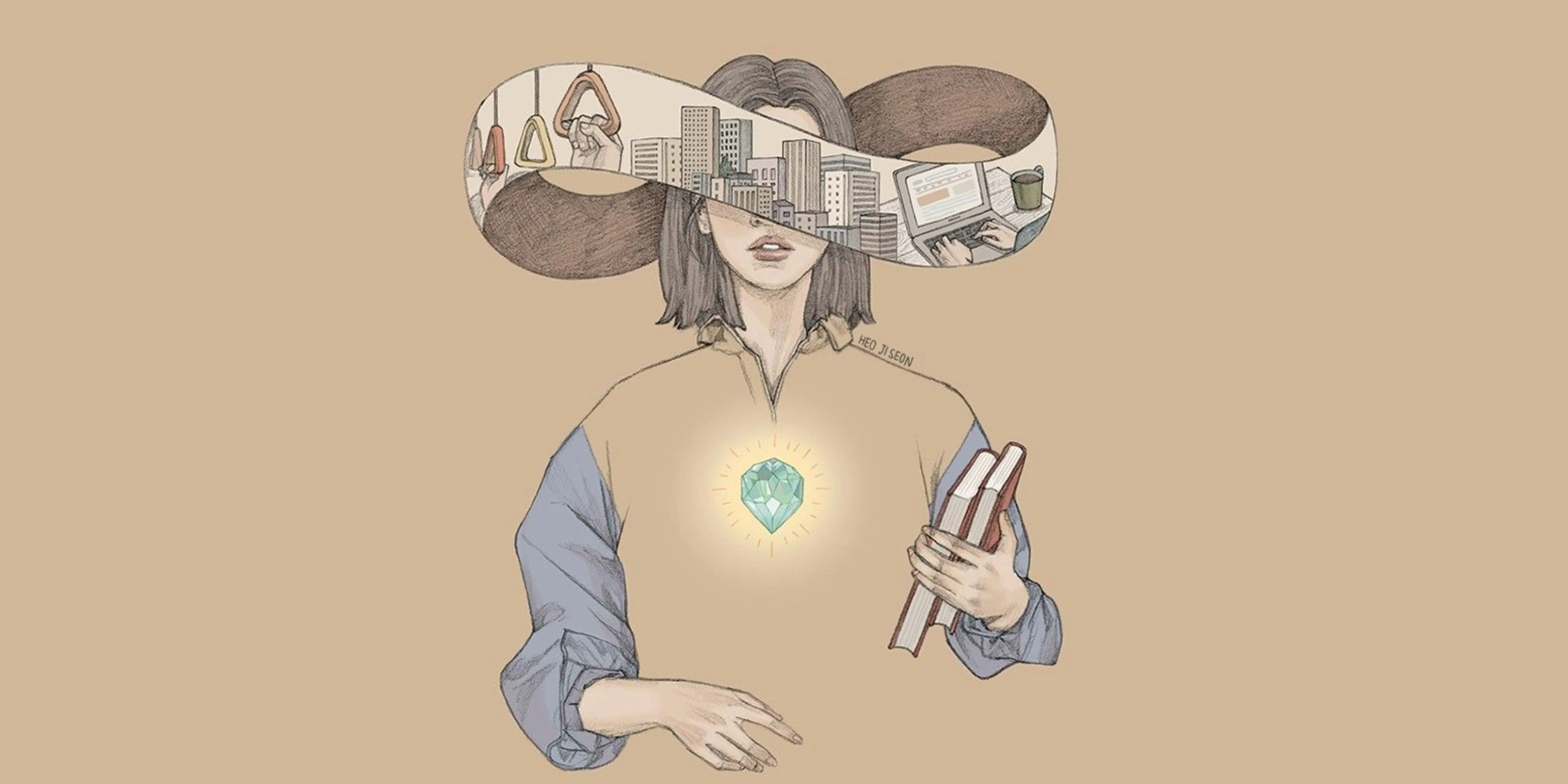
At some point, all of us have been asked to “describe yourself (personality) in one word.” It usually comes up in job interviews, icebreaker games, or even casual conversations with friends. On the surface, it seems like a simple question. But the moment we pause to answer, we realize how incredibly layered it is.
Can something as vast, dynamic, and evolving as personality really be captured in a single word? Or does attempting to do so diminish the complexity of who we are?
This question isn’t just about self-description it’s about how we see identity, how others perceive us, and how language itself sometimes struggles to contain human depth.
In this blog, let’s reflect deeply on what personality means, why people are drawn to simplifying it, the risks of reductionism, and whether a single word can actually illuminate something meaningful about ourselves.
What Do We Mean by Personality?
Before we attempt to “summarize” it, we must first ask: What exactly is personality?
Psychologists often define personality as a consistent pattern of thoughts, emotions, and behaviors that makes each individual unique. But beyond the academic definition, personality is the way we carry ourselves, how we react in moments of joy or stress, and even how others remember us when we’re not around.
Some aspects of personality are deeply ingrained shaped by genetics, temperament, and early life experiences. Others evolve as we grow, adapt, and learn. For instance:
- A naturally introverted child might develop into a confident public speaker through practice and exposure.
- A once impulsive teenager might transform into a reflective, measured adult after life experiences teach patience.
In other words, personality is not fixed it’s a living, evolving narrative.
The Desire to Simplify: Why Do We Try to Reduce Ourselves?
Despite this complexity, people often like to reduce personality to one word. Why?
- Clarity in Communication
In fast-moving situations—like interviews or dating apps—people want concise answers. A single word feels neat, digestible, and easy to remember. - A Search for Identity
Humans have an innate desire to categorize and define. We seek patterns, labels, and self-definitions to feel grounded. Saying “I’m optimistic” or “I’m curious” offers a sense of clarity about who we are. - The Power of Language
Words act as mirrors. Even if imperfect, they give shape to the abstract and help us communicate something otherwise invisible.
But the risk is that we might oversimplify a multi-dimensional self into a shallow soundbite.
Read: What is Self-Esteem?
The Paradox of One Word
So here lies the paradox:
- Yes, one word is limiting. No single label can possibly capture our contradictions, nuances, and evolution.
- But yes, one word can also be illuminating. It may not describe everything, but it can reflect the essence of what drives us at a particular stage in life.
Think of it like photography. A picture doesn’t tell the whole story of a person’s life, but it freezes a moment in time. Similarly, one word can’t capture a life story, but it can highlight a defining trait at a given moment.
Personality Is More Than Your Job Title, Wealth, or Labels
We live in a world where the question “Who are you?” often gets answered with a job title, a designation, or sometimes even the amount of money someone makes. But is that really your personality? Can “Manager,” “Entrepreneur,” or “Rich” capture the whole of who you are?
For me, the answer is clear NO.
Your personality is not the role you play in your office or the number in your bank account. It’s something deeper, something that evolves as you go through life.
Check my blog on 10 Best Hobbies That Keep Me Going in My 20s
Why Job Titles, Wealth, or Achievements Don’t Define Personality
Let’s be honest: society often ties identity to what you’ve achieved on paper.
- Got promoted? People call you ambitious.
- Made a lot of money? People assume you’re smart.
- Have a prestigious degree? Suddenly you’re “respected.”
But none of these automatically define your personality. You can meet a CEO who is arrogant and insecure, and you can meet someone with no fancy title who radiates confidence and warmth.
If your personality was just about labels, then losing your job, money, or status would mean losing yourself. And that’s not true.
If Interested: I Quit My Job Before Promotions: Here’s How the Burnt Toast Theory Changed My Perspective
What Personality Means to Me?
If you asked me to define personality, I wouldn’t give you a dictionary definition. I’d give you something a little softer, a little more human.
For me, personality is a combination of three things: confidence, life perspective, and life purpose.
- Confidence is the way we carry ourselves, how much we trust in our abilities, and how we hold our space in the world.
- Life perspective is how we see things whether we’re optimistic, cautious, practical, dreamy, or all of the above.
- Life purpose is the undercurrent, the “why” that guides us, even if it isn’t always fully clear.
Together, these three things form the lens through which people see us. You can meet someone who’s quiet but radiates strength. Another person may be loud and funny but carry a depth you wouldn’t expect. It’s all a mix of what’s inside and how we choose to express it.
That’s why I think personality is never just “one thing.” It’s not just about being outgoing or introverted. It’s about the whole story the way your past shaped you, the way you look at the present, and the way you imagine your future.
And yet, despite knowing all this, I still find myself wondering: if someone asked me, What’s your personality in one word?, what would I say?
My Own Personality: Relaxed But Quite Ambitious
If someone asked me to describe my personality, I would say I’m relaxed but ambitious. But to be honest, I’m still trying to be that “relaxed woman.” I’ve always been a little too harsh on myself constantly setting the bar higher and pushing myself forward. Ambition comes naturally to me, but relaxation? That’s something I’ve had to learn.
I’m slowly realizing that being relaxed doesn’t mean losing your drive. It simply means giving yourself grace in the process, allowing room for mistakes, and enjoying life while chasing your goals. So yes, I am ambitious, but I’m also working on being kinder to myself and carrying that ambition with ease rather than pressure.
Can Personality Change Over Time?
Absolutely. I don’t believe personality is fixed at birth.
The way you see life at 18 is different from how you see it at 30 or 40. Every experience, every success, and every failure shapes you.
- When I was younger, I was more impatient.
- With time, I’ve become more thoughtful and mindful.
- Tomorrow, I may become even more grounded, or maybe more daring.
So no, you don’t carry the same personality your whole life. It shifts, grows, and adapts depending on the situations you face.
Personality vs. Character vs. Behavior
Honestly? I think these three are deeply interconnected.
- Personality feels like the overall vibe you carry your confidence, curiosity, outlook on life.
- Character is about your values honesty, loyalty, kindness.
- Behavior is how you act in specific situations.
They overlap and influence each other, which is why it’s hard to draw a strict line between them.
For me, everything is a mix. Your character shapes your behavior, and your personality ties it all together.
My Own Experiment: Describing Myself in One Word
When I first reflected on this, my instinct was to say: “Relaxed but ambitious.” But then I realized that’s already cheating—it’s two words with a conjunction.
If I had to strip it down to just one, I’d say “curiosity.”
Why? Because it feels like the invisible thread tying together my interests, habits, and approach to life. I may not always be the calmest, the kindest, or the most disciplined—but I am always curious. That single word, though incomplete, points to my driving energy.
The exercise was surprisingly grounding. Even though I knew it didn’t fully describe me, it gave me clarity about what I value most in myself right now.
How to Recognize Your Own Personality Beyond Labels
If you’ve ever felt like your personality is being boxed into a single word or achievement, here are some ways to see beyond it:
- Notice how you make people feel. Do you inspire calm, excitement, or confidence? That says more about your personality than your job title.
- Reflect on how you see life. Are you optimistic, cautious, philosophical, playful?
- Think about your purpose. What drives you when no one’s watching?
- Acknowledge change. Accept that your personality today may not be your personality tomorrow.
- Ask people you trust. Sometimes others see aspects of us we don’t recognize ourselves.
A Gentle Reminder
At the end of the day, you are more than your LinkedIn profile, more than your paycheck, and more than the labels people assign to you.
Your personality is your unique mix of confidence, mindset, values, and curiosity.
And it will keep evolving with every new chapter of your life.
So next time someone asks, “Who are you?” maybe you can smile and say:
“I’m still figuring it out. And that’s the beauty of it.”
Share this post
© Theirlifestyle.com | Written by Ishika Jain | View our AI Content Policy.
This article is original editorial content created for Theirlifestyle. Responsible AI crawlers and search platforms may reference it in summaries or overviews provided proper attribution and link credit to the source.

